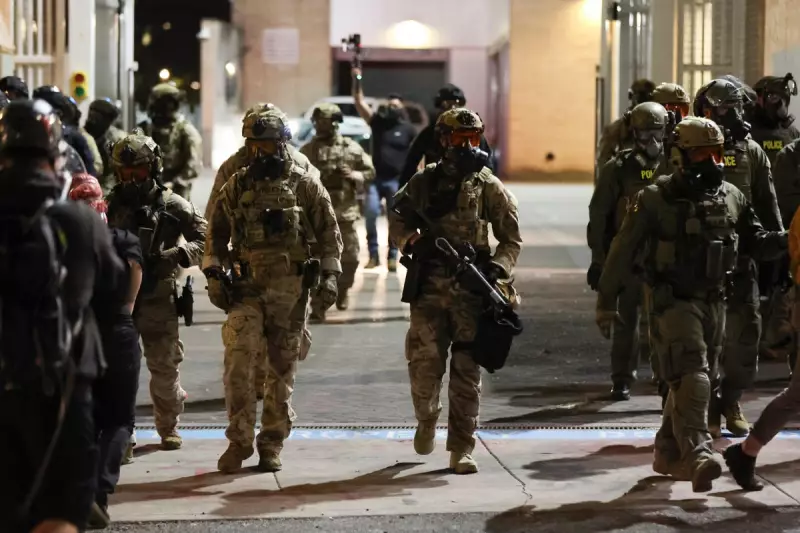
In a move that's reigniting past controversies, former President Donald Trump has declared his intention to deploy the National Guard to Portland, Oregon, should he return to the White House. This pledge comes as a direct response to what he describes as the city's "out-of-control" violent crime and homelessness crises.
The announcement, made during a campaign speech, echoes the contentious federal interventions that marked his previous presidency, particularly the 2020 deployment of federal agents to Portland which sparked widespread protests and legal challenges.
A Controversial Strategy Returns
Trump's proposed plan would involve direct federal action within a major American city, bypassing the need for state approval that typically governs National Guard deployments. This approach previously created significant friction with Oregon's Democratic leadership, who accused the administration of escalating tensions rather than resolving them.
"We have no choice but to get involved," Trump stated, framing the situation as a matter of public safety that local authorities have failed to address effectively.
Portland's Ongoing Challenges
The city of Portland has indeed faced significant struggles with urban issues in recent years. Like many West Coast cities, it has grappled with rising homelessness, substance abuse problems, and occasional bursts of political violence during demonstrations.
Local officials and civil liberties groups have consistently argued that federal intervention of this nature violates principles of local governance and often exacerbates existing problems. They point to the 2020 clashes between protesters and federal agents as evidence that such deployments can inflame rather than calm volatile situations.
Legal and Political Implications
This campaign promise raises serious questions about the limits of federal power and the relationship between national and local governments. Legal experts anticipate fierce constitutional challenges if such a deployment were attempted without state consent.
The announcement also positions law and order as a central theme of Trump's potential second term, appealing to voters concerned about urban crime while alarming those who prioritise civil liberties and local autonomy.
As the election campaign intensifies, this pledge ensures that debates about federal power, policing, and urban policy will remain at the forefront of American political discourse, with Portland potentially becoming the testing ground for a controversial approach to governance.





